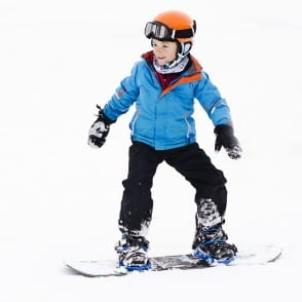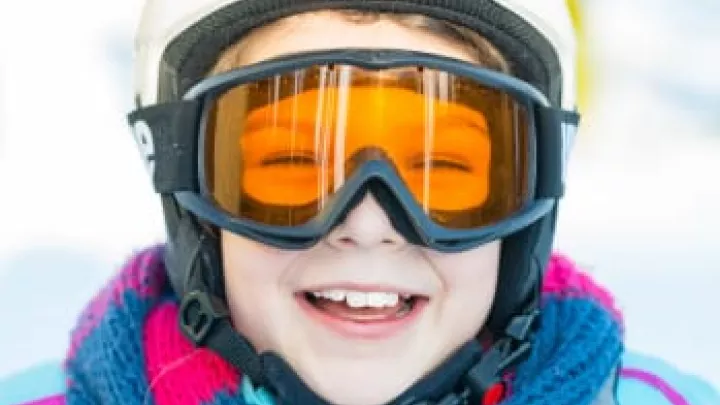
Asthma and High Elevation Activity
My boys wanted to go snowboarding and in the back of my head, I kept thinking, “What about my asthma?” We loaded our car and went on a fun mountain vacation. Once we arrived at our mountain destination and started unloading the car, it seemed everyone was breathing harder. My boys asked me why they were breathing hard and I explained that at high elevations (5,000 feet above sea level to 11,000 feet), we experience hyperventilation.
Understanding Asthma
Asthma is a long-term lung condition where the lungs become inflamed and air passages become narrowed. This is what causes asthma sufferers to wheeze, experience chest tightness and shortness of breath. Asthma symptoms include:

- Coughing—For some children, coughing is the only symptom of asthma. It may occur only at night or during exercise
- Chest tightness or pain
- Shortness of breath (faster, shallower breathing)
- Wheezing (a high-pitched whistle when breathing)
Why High Elevation Triggers Asthma
If your child has asthma, they may experience struggling for air in high elevation territory because the amount of oxygen in the air decreases as altitude increases. Lungs will struggle for air and deep or quick breathing can occur. When the air is dry, especially during the winter months, it can also trigger asthma. When your child inhales cold, dry air, it can dry the mucus membranes lining their lungs. Mucus membranes are your child’s natural defense mechanism against viruses and bacteria. When your child’s mucus membranes are dry it can activate allergy symptoms. Considering 75 percent of asthmatics have allergies, this is important information to know. Continue reading! If your child’s asthma is stable, altitude will generally have little effect on their asthma. “If your child’s asthma is severe and you’re interested in traveling to high altitude, your child should see their doctor ahead of time to assure they are taking proper medications and that your child’s asthma has stabilized,” says Arnold Platzker, MD, from the Division of Pediatric Pulmonology at Children’s Hospital Los Angeles.
Altitude Sickness and Asthma
I reached out to Ronald Ferdman, MD, physician in the Division of Clinical Immunology and Allergy at Children’s Hospital Los Angeles and he brought up a great point about altitude sickness and asthma—anyone is at risk for altitude sickness (headache, loss of appetite, dizziness) and having asthma doesn’t increase your chances. Parents may confuse symptoms of severe altitude sickness with asthma. If your child is not responding well to their asthma medications, then it’s likely they are experiencing altitude sickness.
Manage Asthma during High Elevation Activity
During the winter months, families enjoy traveling to the mountains to enjoy winter sports and activities, like skiing, snowboarding, sledding and ice skating. But, if your child has asthma it can be an undesirable experience for them. Here are some ways to manage your child’s asthma during high altitude fun:
- Always bring your child’s prescribed asthma rescue medication, such as their inhaler.
- Store your child’s inhaler in a warm spot, like your pocket. Inhalers do not work well in very cold temperatures.
- Encourage your child to wear a scarf over their mouth and nose to help warm up cold air and decrease irritation.
- If your child has an asthma attack on the mountain, help your child stay calm and relaxed. Coach them to take slow, deep breaths while giving their prescribed rescue medication.
If your child has difficulty breathing or if they are bending over to breathe, flaring their nostrils or raising their shoulders to breathe is most likely in distress. If they are in distress or if a child's lips or fingernails turn blue, go to an emergency room immediately.


